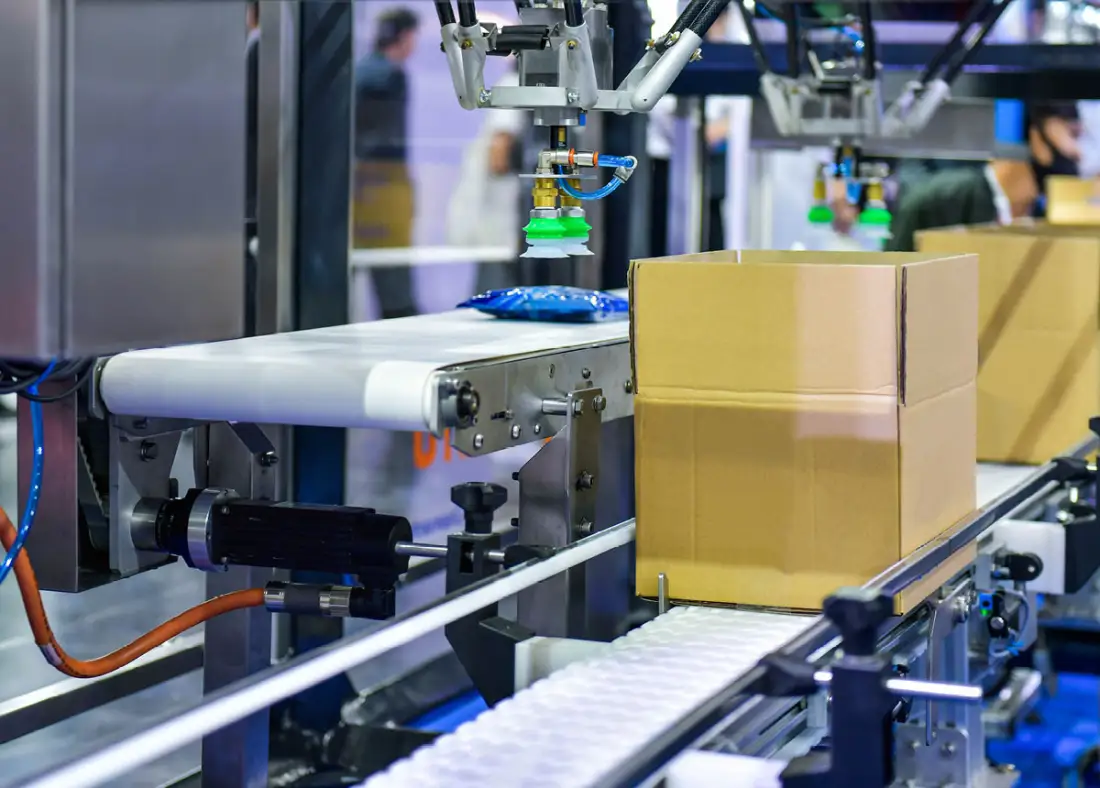Your energy efficiency journey starts here
Discover free tailored tools and resources to help your business in the manufacturing sector save money and be more energy efficient.
McCain shares its energy efficiency journey
McCain Foods has set an example to businesses looking to improve their energy efficiency, and make the switch to renewables, at its Timaru site.
The company’s experience demonstrates how reducing energy demand and adopting new technologies can lead to significant energy and cost savings.
Tools and resources
You’re keen to make your manufacturing business more energy efficient. You know it’ll help you reduce costs, create value, and future-proof your business. But you also might be wondering where to start — don’t worry, we've got you covered.
Simply follow our 5-step pathway below to discover practical tools and resources to help you identify, measure, and lower your emissions. Work your way through them at your own pace, put the lessons into practice, and start seeing results.
5 steps to reduce your energy use
The Manufacturing Pathway starts with energy efficiency. The end goal is to move away from fossil fuels, but by first taking steps to improve existing processes, equipment and operations, your transition will be more efficient and more cost effective.
The pathway has been broken down into 5 steps. Each step provides practical information for manufacturers, no matter how far along the energy efficiency journey you are.

Step 1: Increase engagement and awareness
Understanding how to prioritise your efforts is a crucial first step. Here you’ll find out how to focus your work, while also engaging your staff.
Step 2: Measure energy use and set targets
The most important step in energy management and conservation is measuring and accounting for energy consumption. In this section, you’ll learn how to calculate a baseline for your energy use, so you can gauge how your business is performing and track progress against future improvements.
Step 3: Optimise equipment and improve processes
Reviewing and adjusting the way your equipment is performing can be a big win for energy reduction, cost reduction, and increased productivity.
Step 4: Reduce energy demand
New technology or upgrades to existing processes can reduce your energy demand.
Webinar
Greening the furnace: Decarbonising industrial heat in a changing legislative environment
Watch experts from EECA, BECA and the EMA discussing new legislation for manufacturers, including what it all means and how it could impact your manufacturing business.
Step 5: Switching to alternative fuel options
Fuel switching to alternative energy sources is the final step in becoming more energy efficient. By following steps 1-4, you'll be in the best position to make an informed decision about fuel switching, in the most cost-effective way.
Wayfinder
-
Stay up to date as we release new resources
-
Find other support opportunities
-
Browse sector pathways



